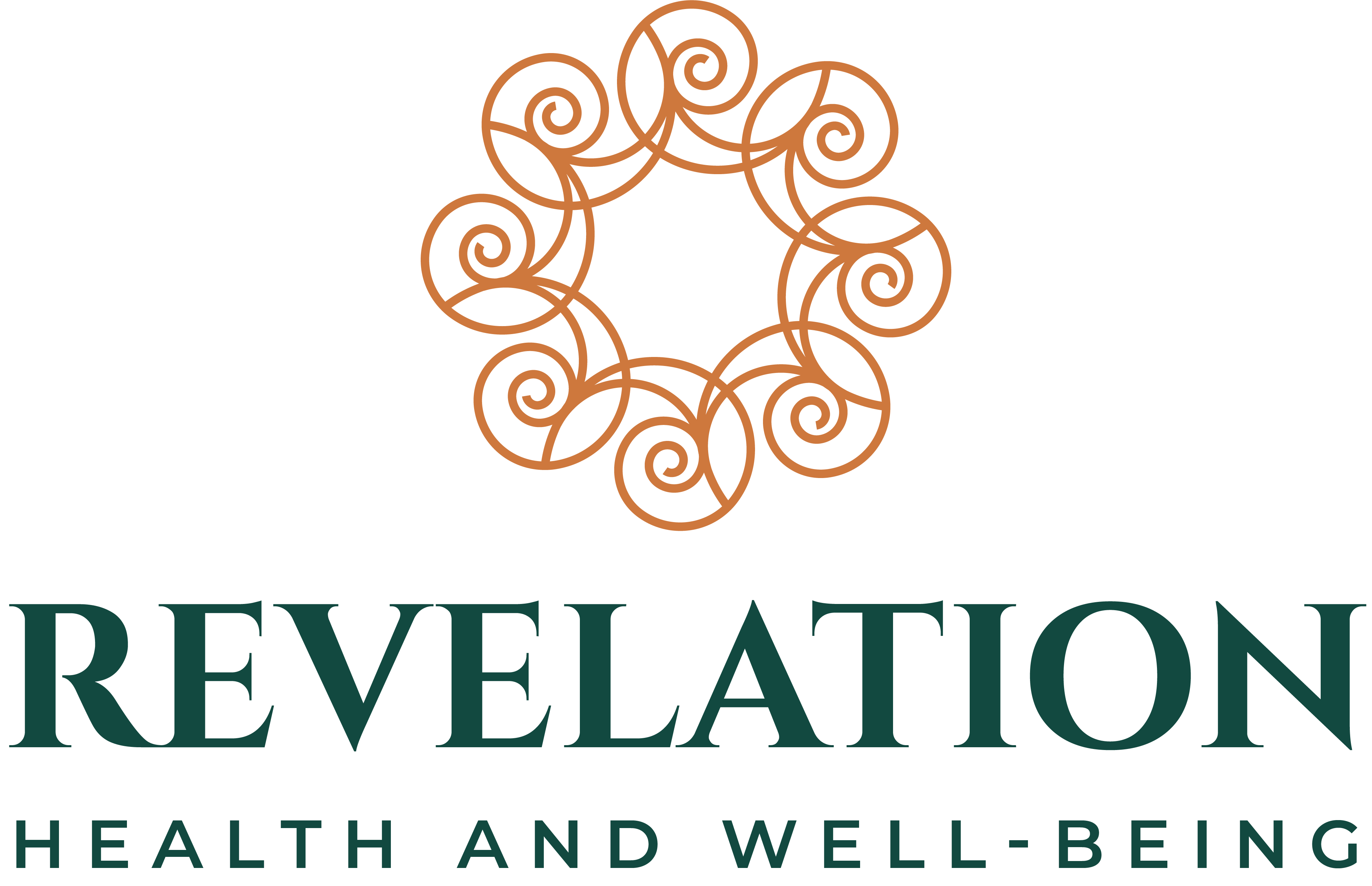Chronic inflammation is a silent adversary affecting millions of men worldwide, leading to various health issues ranging from heart disease to diabetes, and even affecting mental health. Unlike acute inflammation, which is a healthy and necessary response for healing, chronic inflammation can be detrimental over time, silently damaging your body’s tissues. However, by adopting a functional medicine approach, you can identify the root causes of inflammation and implement strategies to mitigate its effects. This blog post outlines actionable steps to combat chronic inflammation, aiming to improve overall health and prevent long-term diseases.
Understanding Chronic Inflammation
Chronic inflammation is the body’s prolonged response to harmful stimuli, such as stress, toxins, and poor lifestyle choices. This type of inflammation can go undetected for years, as it does not always produce noticeable symptoms. Over time, it can lead to DNA damage, tissue death, and internal scarring, all of which contribute to various chronic diseases.
Step 1: Identify the Sources
Diet
The Standard American Diet (SAD), rich in processed foods, sugars, and unhealthy fats, is a significant contributor to inflammation. Identifying and eliminating inflammatory foods from your diet is the first step toward combating chronic inflammation.
Gut Health
The gut plays a pivotal role in inflammation. A balanced gut microbiome supports a healthy immune response, while dysbiosis (an imbalance of gut bacteria) can trigger inflammatory pathways.
Environmental Toxins
Exposure to pollutants, chemicals, and heavy metals can also drive inflammation. Identifying and minimizing these exposures is crucial for reducing inflammation.
Step 2: Anti-Inflammatory Lifestyle Changes
Adopt an Anti-Inflammatory Diet
Focus on a diet rich in whole foods, emphasizing anti-inflammatory staples such as leafy greens, berries, nuts, seeds, and fatty fish like salmon. Incorporating spices like turmeric, which contains curcumin, can also reduce inflammation.
Prioritize Gut Health
- Probiotics and Prebiotics: Incorporate fermented foods like yogurt, kefir, and sauerkraut, which contain probiotics. Prebiotic foods, such as garlic, onions, and bananas, feed the beneficial bacteria in your gut.
- Fiber: A high-fiber diet supports gut health by promoting the growth of beneficial gut bacteria.
Enhance Your Detoxification Pathways
Supporting your body’s natural detoxification processes helps eliminate potential inflammatory toxins.
- Stay Hydrated: Water helps flush toxins from your body.
- Eat Detoxifying Foods: Foods rich in antioxidants, such as green tea and cruciferous vegetables, support liver health and detoxification.
Manage Stress
Chronic stress is a known inflammatory trigger. Adopting stress-reduction techniques such as meditation, yoga, and deep-breathing exercises can significantly reduce inflammation.
Regular Physical Activity
Exercise not only improves cardiovascular health and weight management but also has anti-inflammatory effects. Aim for at least 150 minutes of moderate aerobic exercise per week, complemented by strength training sessions.
Step 3: Supplement Wisely
Certain supplements can help reduce inflammation:
- Omega-3 Fatty Acids: Found in fish oil supplements, omega-3s are potent anti-inflammatory agents.
- Curcumin: The active ingredient in turmeric, curcumin, has been shown to significantly reduce markers of inflammation.
- Vitamin D: Low levels of vitamin D have been linked to increased inflammation.
Step 4: Sleep and Recovery
Quality sleep is essential for managing inflammation. Aim for 7-9 hours of restful sleep per night. Sleep promotes the healing and recovery of the body, reducing inflammation.
Step 5: Regular Medical Check-Ups
Functional medicine emphasizes the importance of regular check-ups and blood tests to monitor markers of inflammation, such as C-reactive protein (CRP). Understanding your inflammation levels can help tailor your lifestyle and diet more effectively.
Implementing These Changes
Start small. Implementing too many changes at once can be overwhelming. Choose one or two areas to focus on first, such as improving your diet or incorporating regular exercise into your routine. Gradually incorporate additional steps as these changes become habit.
Conclusion
Chronic inflammation doesn’t have to be a life sentence. By adopting a functional medicine approach, focusing on diet, lifestyle, and environmental factors, you can significantly reduce inflammation and its harmful effects. Remember, the journey to reducing inflammation is a marathon, not a sprint. Patience, persistence, and small, consistent steps will lead to significant health benefits over time. Start today, and embrace a healthier, less inflamed tomorrow.

